There are many different variants of Poker. From draw games to mixed formats and split pot variants, players constantly reinvent the same 52 cards to create new experiences.
In this guide, you’ll walk through the most popular ways of playing Poker, so you can test them for yourself and figure out which ones you enjoy most.
If you also use a free learning poker tool alongside this article, you can practice the rules and strategies in real time while you read.
No Limit Hold’em
Also known as Texas Hold’em, often abbreviated NLH) is the most popular Poker variant in the world.
Two cards (known as hole cards) are dealt face down to each player, and then five community cards are dealt in three stages called streets. These are known as “flop”, “turn”, and “river”.
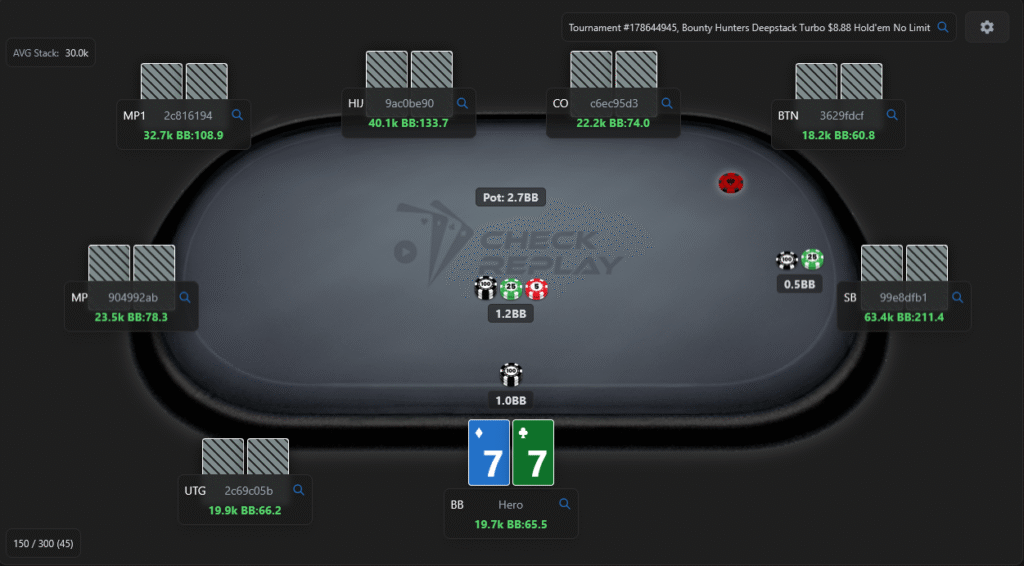
Each player will mix his hole cards with community cards to form the best five-card hand. For example, if you hold an ace, you can take 2, 3, 4, and 5 from community cards to form a straight.
No limit implies no limit for stakes. A player may bet as much as he wants, even going all-in on a hand.
Which differs from pot-limit variants, where the maximum bet is capped to the pot value. This allows for a slow development of pot size, no immediate aggressors with monster hands.
Four and Five Card Omaha
In Omaha, poker players will receive four hole cards (five, if playing Five Card Omaha).
One of the main differences between Omaha and Hold’em is the need to use two of your hole cards in combination with the community cards.
In this case, if there’s four diamonds in the board, a player cannot make a flush with a single diamond held. He must use two of his cards to win.
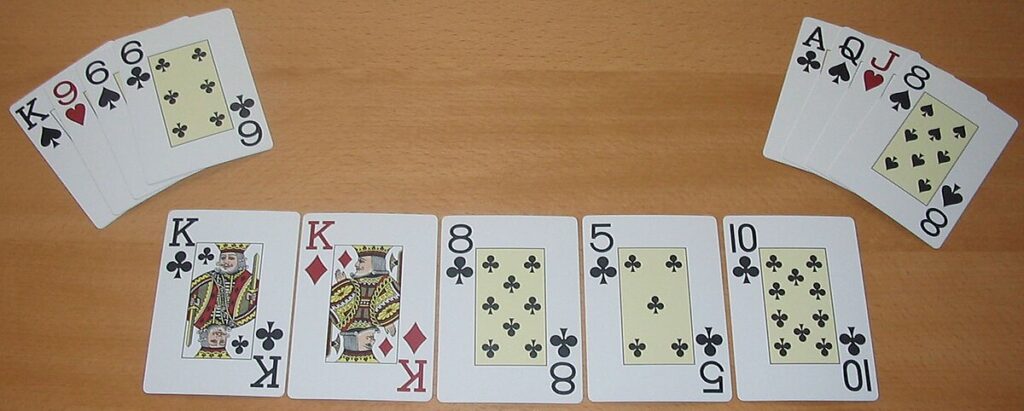
The biggest difference between Omaha and Hold’em are found on the composition and strength of hands and showdowns.
Since Omaha deals you more cards, players are often holding big hands, leading to more action. Making it easier to see quads, straight flushes, and other monster hands.
There is also a difference in the way the game is played. While Hold’em variations value more good starting hole cards, Omaha creates more draws and complex situations due to the amount of cards at play.
So, to hit a straight in NLH you’ll have around 4.6%~ of chance – less likely than the 11.2%~ in Omaha. Make sure to adjust your ranges to account for these differences.
Seven Card Stud
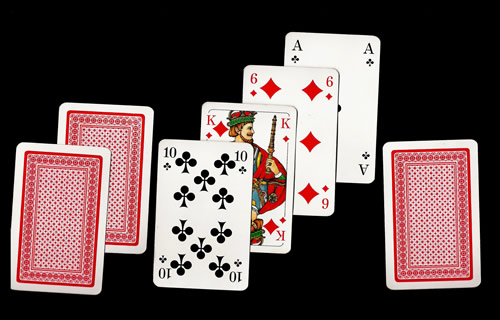
Stud poker is a poker variant in which each player holds a number of cards exposed to opponents.
In Seven Card Stud each player will receive two hole cards and one exposed card. After the deal, each player will receive three more face up cards, and one more exposed card, one in each street seen.
In the showdown, each player turns up his hole cards and selects five out of his seven cards. The remaining two cards are discarded.
The ranking of possible hands built is the same as NLH and Omaha variations.
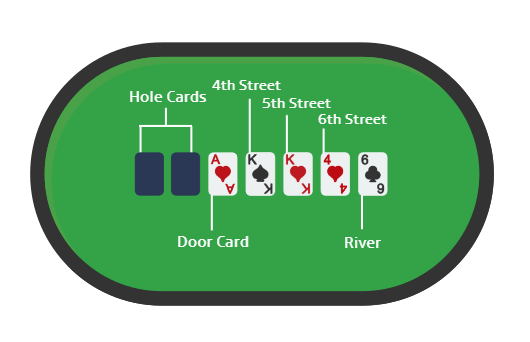
Razz
Razz Poker is a stud poker variation similar to seven card stud, except the lowest hand wins. This is a form of lowball poker, where the best possible hand are the lowest unpaired cards, being A, 2, 3, 4, 5.
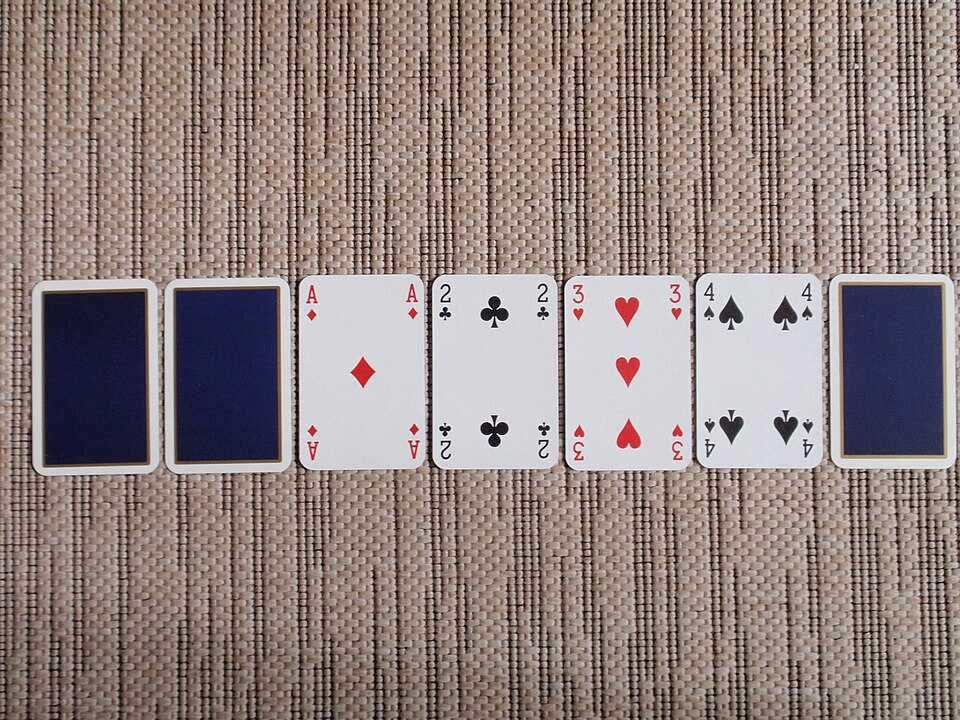
Five Card Draw
Draw poker is a poker variant in which players are dealt a full hand before the first betting round, developing your hand further by drawing and replacing cards.
Draw games are played with blinds and a button, following standard poker rules. There are no community cards.
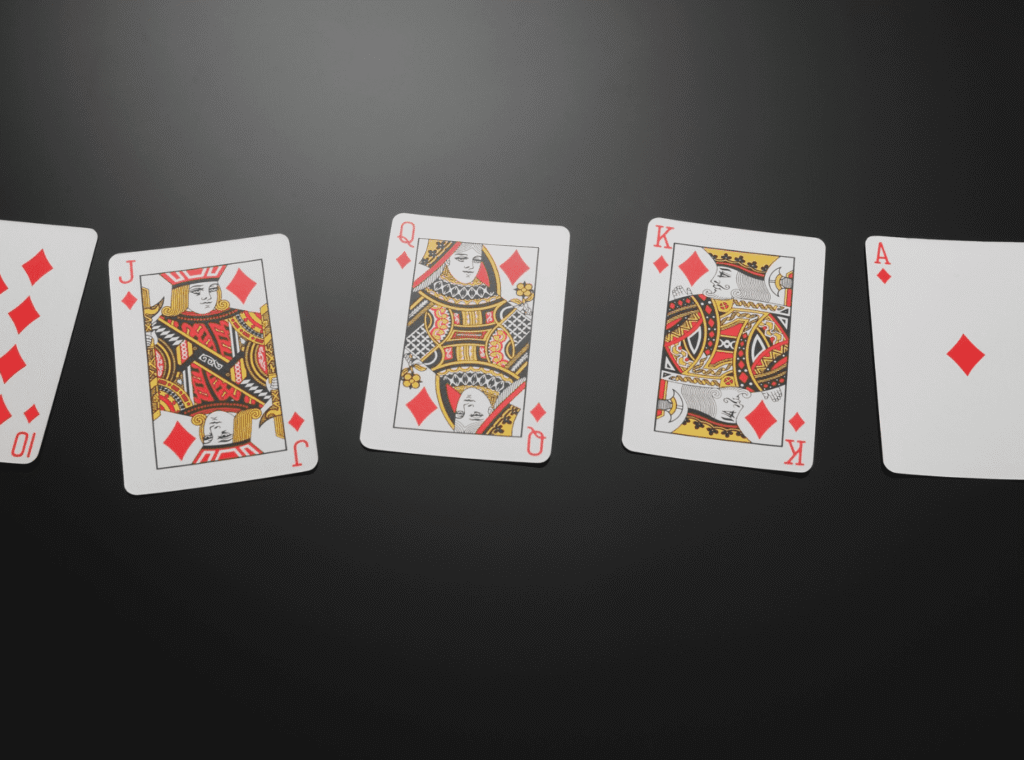
In this game, each player is dealt five hidden cards, and after a round of betting there is a draw, in which players are able to discard and draw new cards.
After the draw, there is a new betting round. The player with the best 5 card combination wins.
In Seven Card Draw the player will hold seven cards to make the best hand out of 5 total.
As noted before, this will affect sizes, variance, and playing style.
2-7 Single Draw
Also known as Kansas City Lowball, this is a variant of the 2-7 Lowball Draw. The players have one draw, and it is played no-limit.
A hand of 2-7 Single Draw starts with players being dealt five cards, face down. After the fist round of betting is complete, the drawing round begins.
Then, players left to the dealer take turns choosing which cards they must discard.
If they must discard five, the fifth card should be dealt when all players received their cards.
Players can also choose to not discard any card.
After the drawing round, there is a final betting round. If there’s more than two players remaining the hand will go to showdown, when players reveal their cards.
The hand with the best five card poker hand wins the pot.
Remember that the player with the lowest hand wins, as 2-7 lowball the low cards hold value.
In 2-7 Single Draw, straight and flushes count against your hand, and aces are always high.
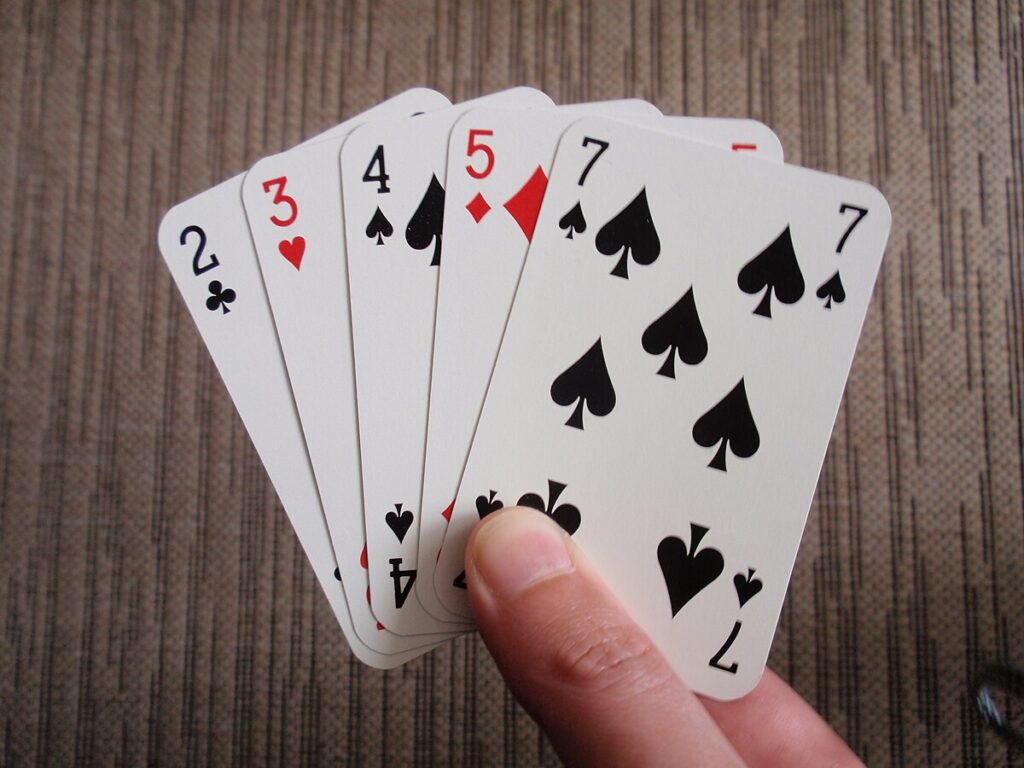
7, 5, 4, 3, 2. That’s the best possible hand in the variant. This is because it the hand is low, has no straight, ace, or flush. In lowball you must forget strong hands from Hold’em.
2-7 Triple Draw
As the name implies, the only difference is three rounds of drawing, instead of one.
The players will draw and replace cards for three rounds seeking to acquire the lowest ranked combinations.
Badugi
Badugi is also a lowball draw poker variant that has become very popular in Asia. Similar to 2-7 Single Draw in structure, Badugi differs on the way it ranks cards.
The objective of the game is to make a Badugi – a four card low hand with four suits and no pairs.
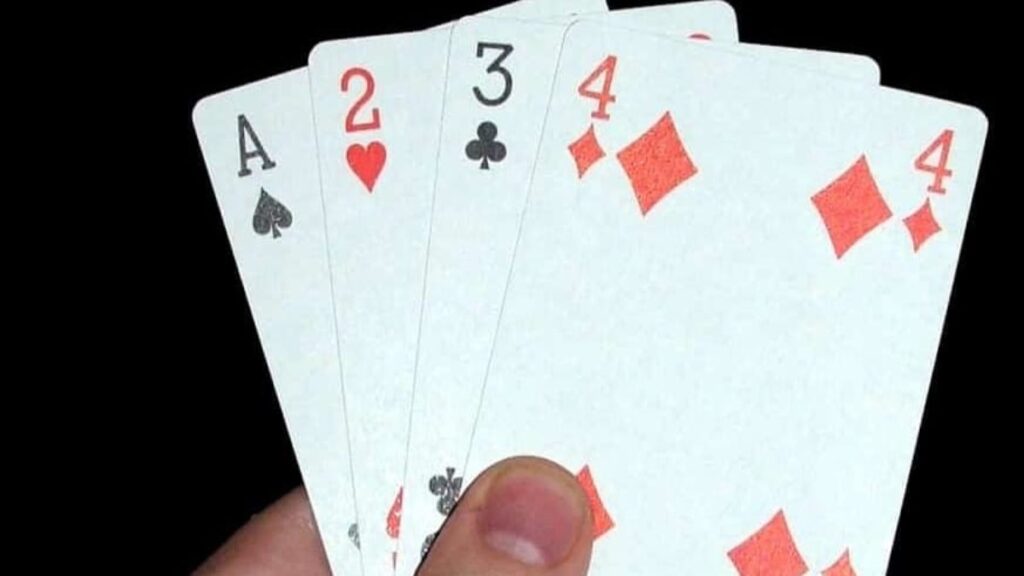
Badugi hands are ranked by their highest cards, with aces as a low card, and straights ignored. In this case, a 9-8-4-3 (nine-badugi) would lose to a 8-7-3-2 (eight-badugi)
If no badugis are formed, the player with the best three/two card hand wins.
HORSE
Horse poker or just H.O.R.S.E (HORSE) is a poker variant where 5 different games are accommodated. It is the most popular mixed game,
HORSE is made out of Hold’em, Omaha Hi/Lo, Razz, Seven Card Stud and Stud Hi/Lo.
Remember that Hi/Lo are split pot games, in which the pot is split between highest and lowest ranked hands
In the game, each variation will be played for a round before moving to the next.
HORSE is played often at high stakes because of the wide range of play it involves. It is very difficult to master and exhibits high performance and knowledge of the game.




